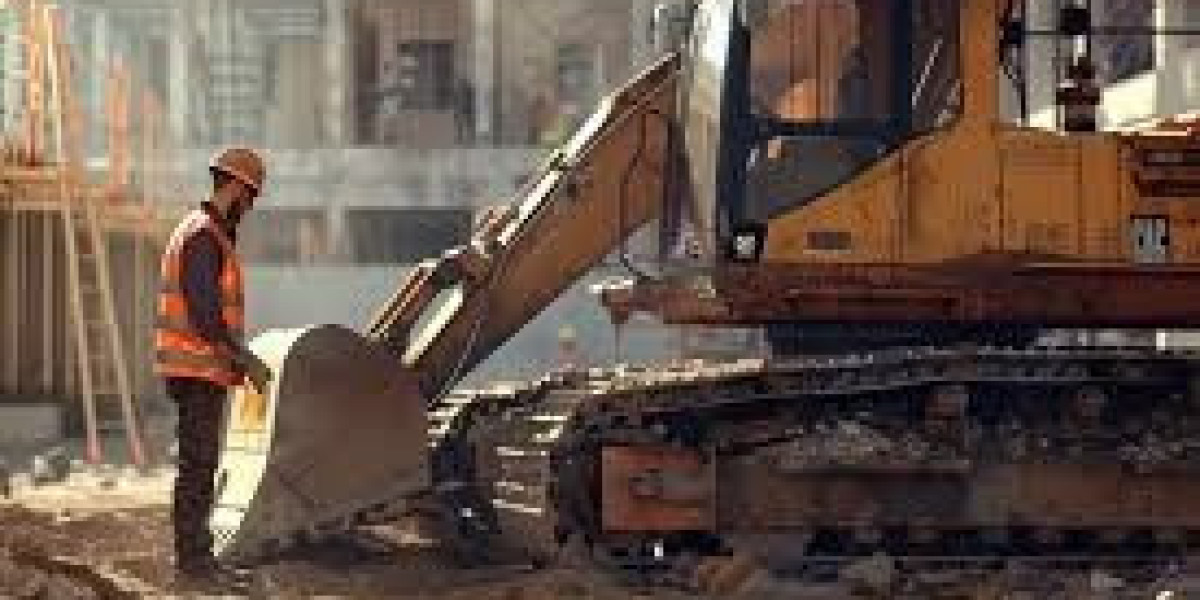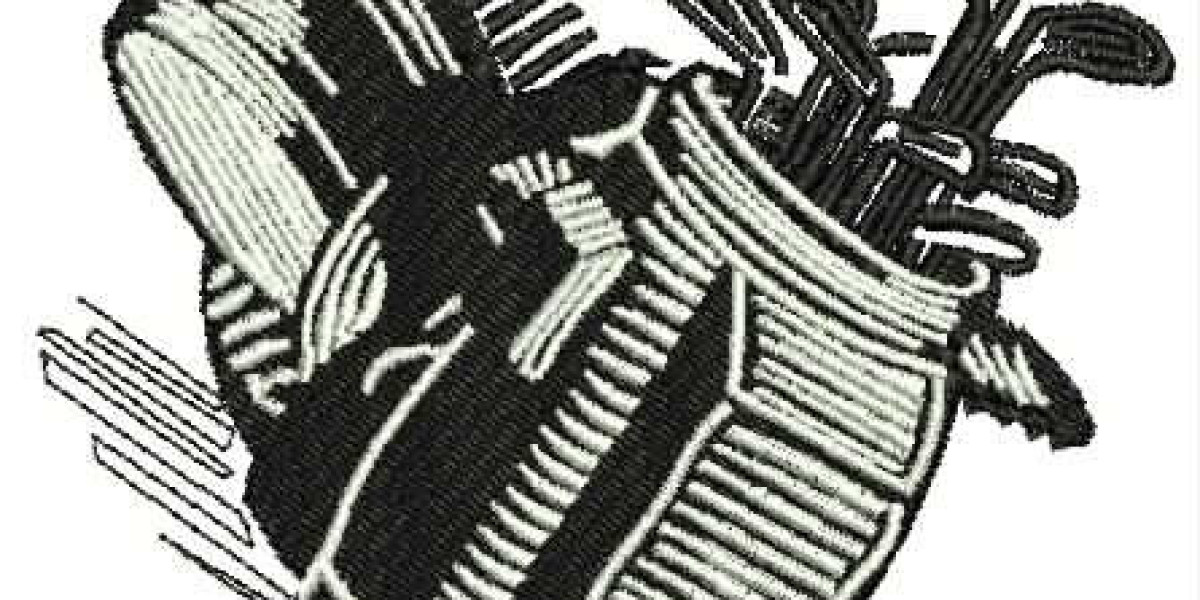There's a certain myth on job sites that strength alone wins the day. You know what I mean, people running after horsepower, discussing who has what is called the most powerful rig as though that is the only thing that counts. But anyone who's clocked enough hours behind a blade, boom, or bucket knows brute force doesn’t mean much if you can’t control it. The true professionals, the ones who do things correctly and quickly, know that hard work is not only about working hard, sometimes it is about not working as hard.
Power Has Its Place But It’s Not the Whole Story
All heavy equipment is constructed with muscle because it is needed. To dig ground you must have the turn of screw, to move the pipe lift, to break rock the hydraulic pressure. When you're doing bulk work like clearing land or loading out tons of material, raw power saves time. However, the difference between working fast and working blind is thin. Without an operator who understands how to harness that power, machines go down, precision work becomes problematic and things become untidy in terms of schedules. Production is driven by power but that is not all the equation.
Precision Is the Unseen Edge
Accuracy, however, is not as glamorous but it is what makes a good operator great. It will be exhibited in the neatness of the way you cut a slope, the neatness of the way you dig a trench, and the smoothness of the way you finish passing. Accuracy translates into fewer trips, less wasted material, and a crew that can work around you without breathing a sigh of relief. It is about getting every move to count not only working hard but working clean. Machines can not do that. Operators do.
The Operator Is Still the Biggest Variable
It’s possible to hand two people the same dozer or excavator and still see completely different outcomes. Why? Because the heavy equipment operator is always the biggest variable in productivity. A seasoned operator reads the ground like a map, listens to the machine’s rhythm, and moves with quiet confidence. They know when to throttle up, when to ease off, and how to stay in step with the job's flow. That kind of instinct can’t be faked. It’s built through time, sweat, and a sense of pride in every move made behind the controls.
Technology Makes Precision Easier
Techs have come so far. Machines have never been so smart with GPS guidance, grade assist, hydraulic presets. However even the best tools are useless without a steady hand. The telematics and assist features will only aid the operator, they will not replace them. They assist in reducing guesswork and hastening fine work but there must be a person in the seat who knows the job. Such systems work best when they are used by operators with already good habits. They're not a crutch but they’re a force multiplier.
Smart Machine Design Encourages Smart Operation
Manufacturers are beginning to understand. Their machines are being constructed in improved control feedback, hydraulic smoothness and response adjustability. Variable-speed travel, intuitive joysticks, and load-sensing systems are features that allow the operators to mix muscle and finesse. It is possible to tell when a piece of equipment is designed keeping the operator in mind. It makes you feel confident in your control, which is equivalent to more accurate work, improved job flow, and mechanical hiccups. It is easier to get into a rhythm with a machine that responds to you and more hours are saved by that rhythm.
Too Much Force Can Cost You More Than Time
Construction machines are victims when the operators go beyond limits. Too much pressure and pin-worn, seal-blown, arm-cracked. Go too deep too soon and you cut through the utilities or go over grade. Banging around may appear to be an effective activity, but it is expensive. It generates rework, causes damage to machines, and introduces downtime that no one can afford. Precision is not the question of being delicate but rather about being aware of the boundaries and operating within them. A machine that is respected lives longer and a job that is respected keeps the crew going.
It Takes Time to Build That Balance
This mix of force and accuracy, it is not a thing that you learn in a day. It is acquired by listening to old hands, being inquisitive and being concerned about the result. It is about knowing how your machine works and when to push it to the limit as well as taking advantage of the available tools within your machine. It is not a skill set and it is a mindset. and When you get that beat in it, the work goes easier. You work better, your machine breaks down less and your team believes in what you are doing. That is the signature of a person who understands his iron.








